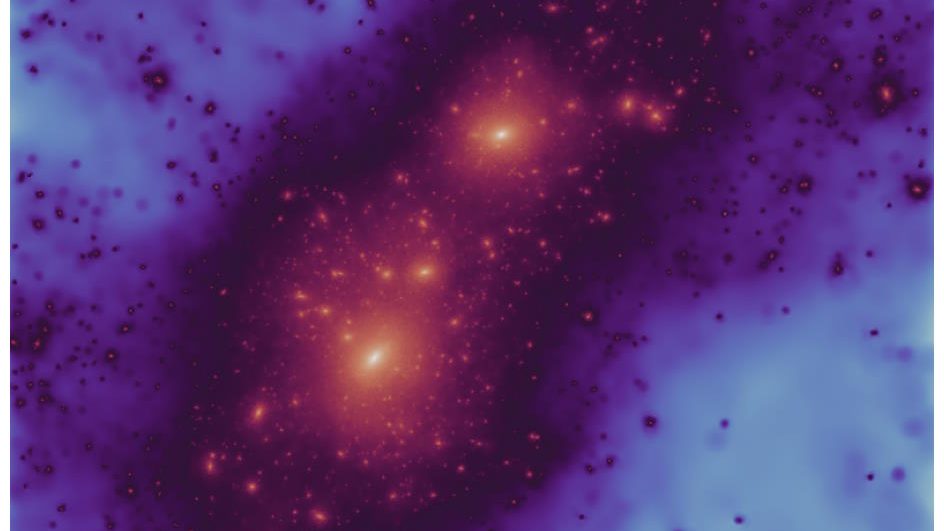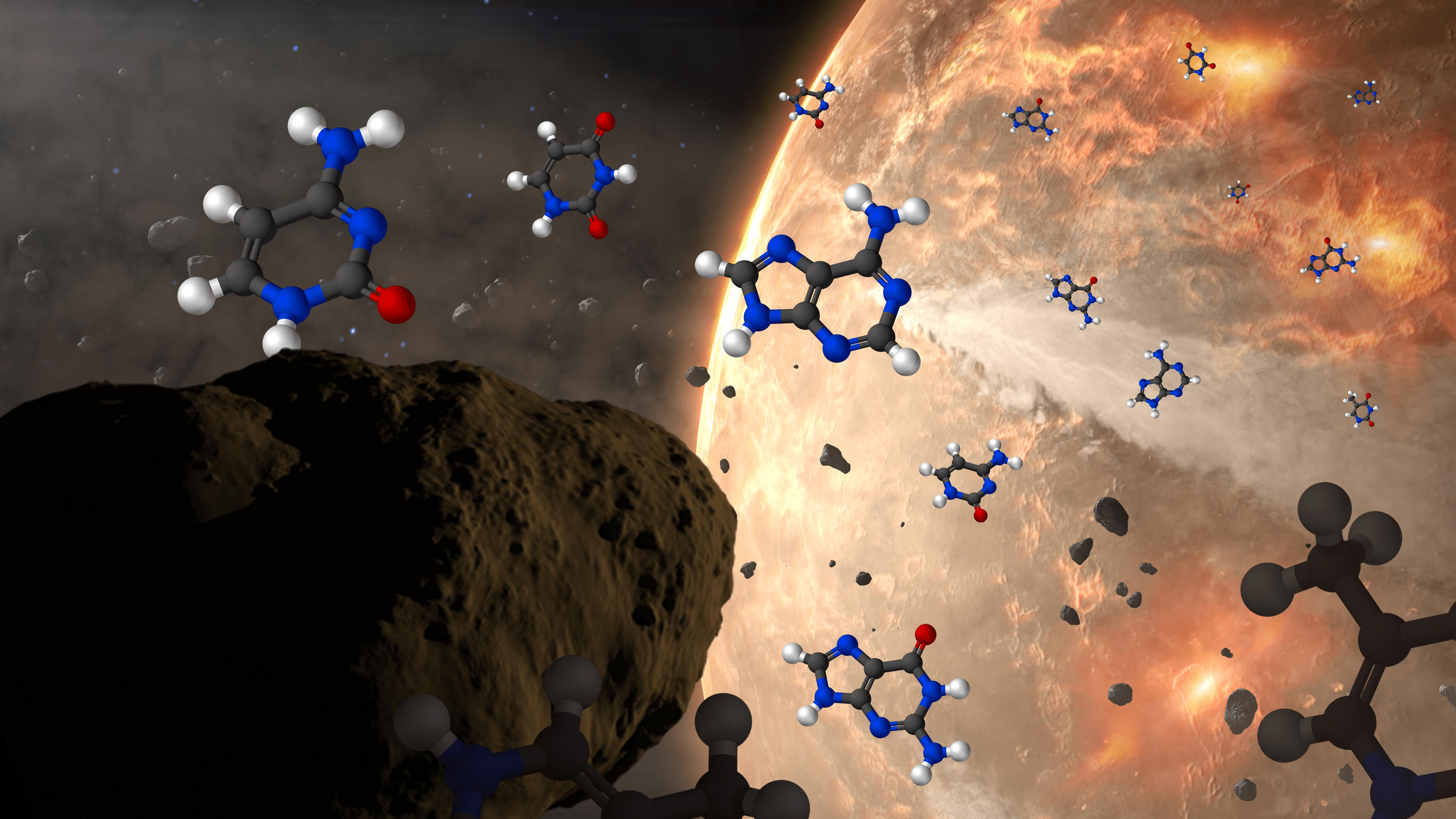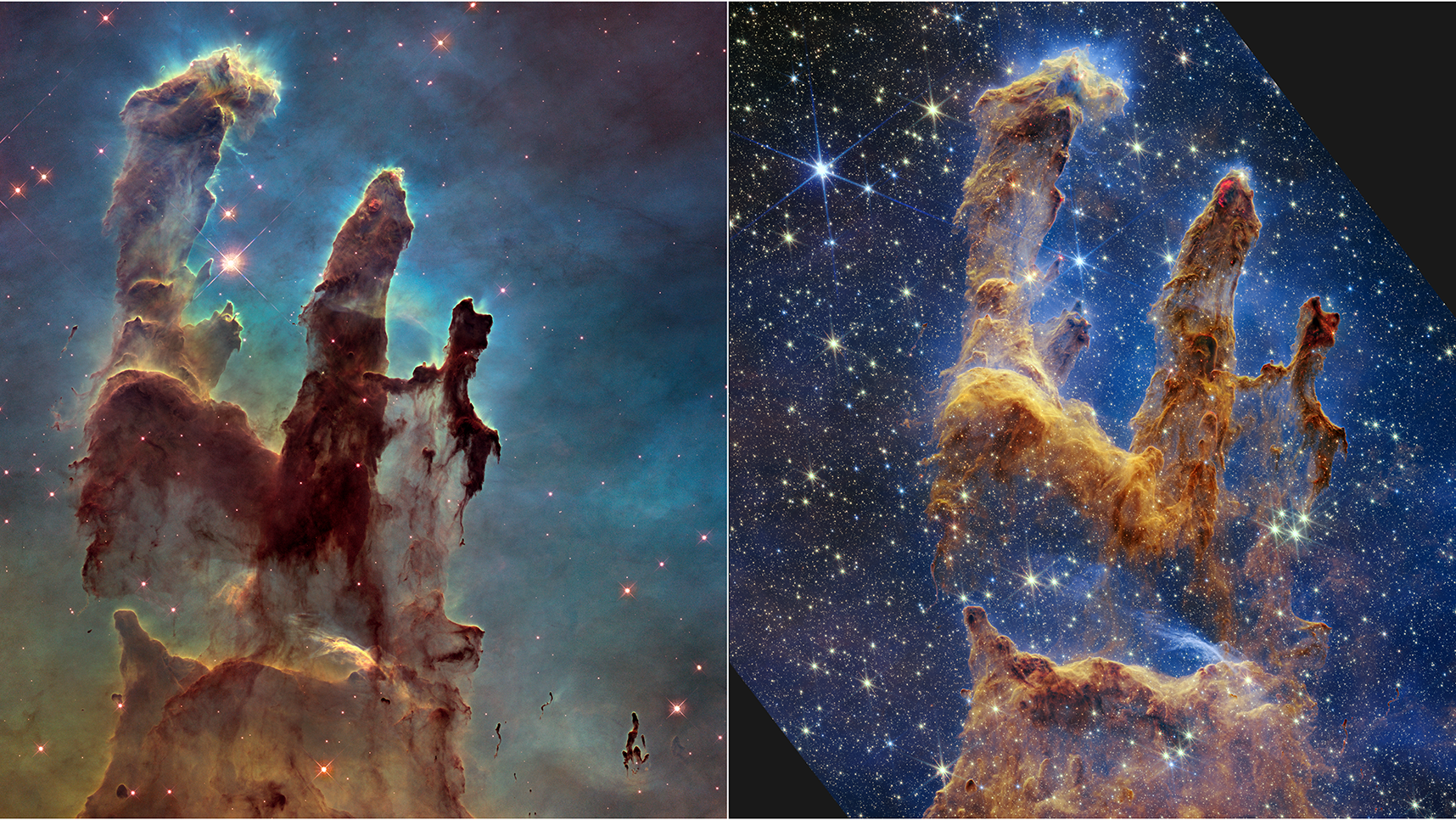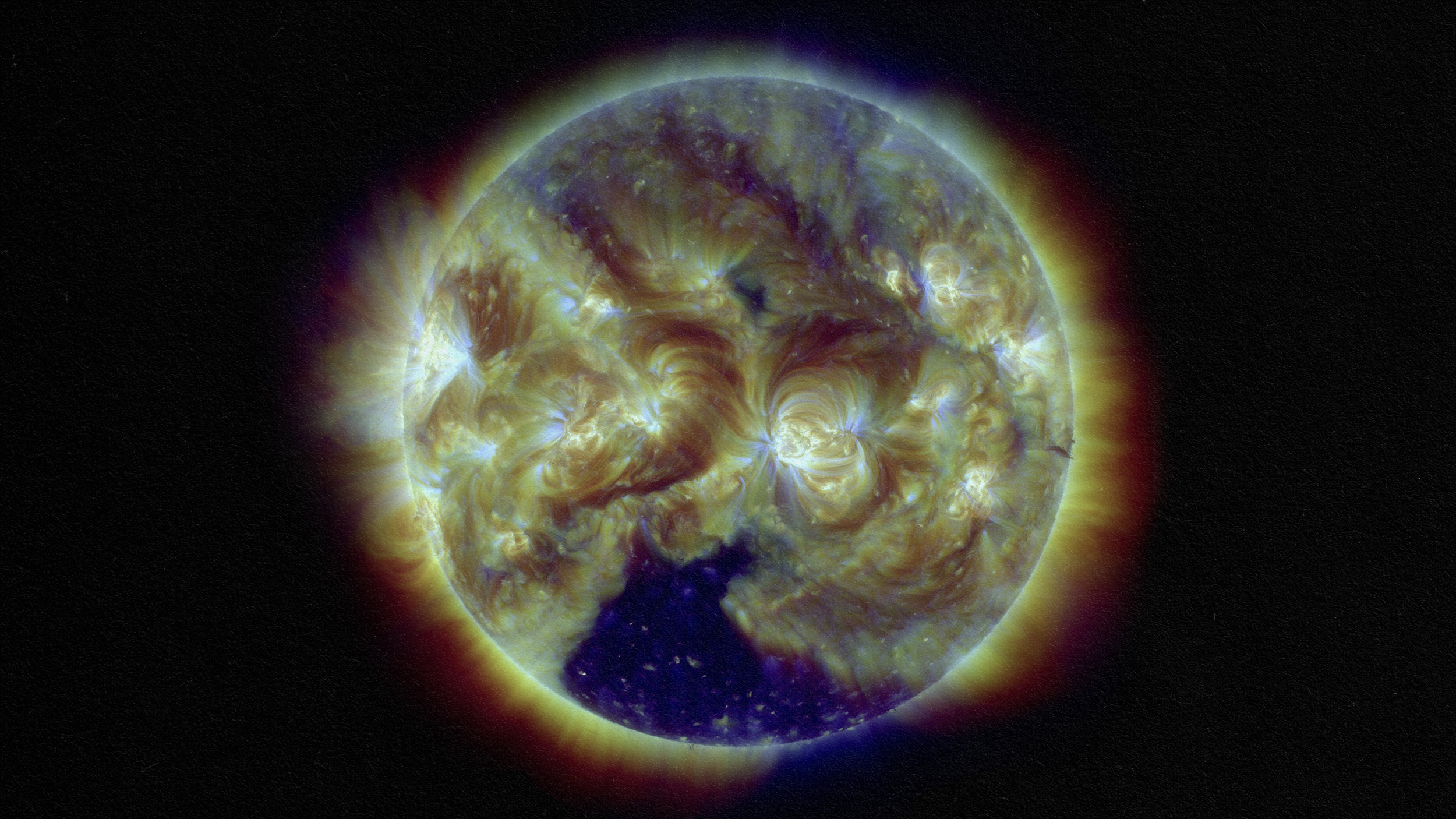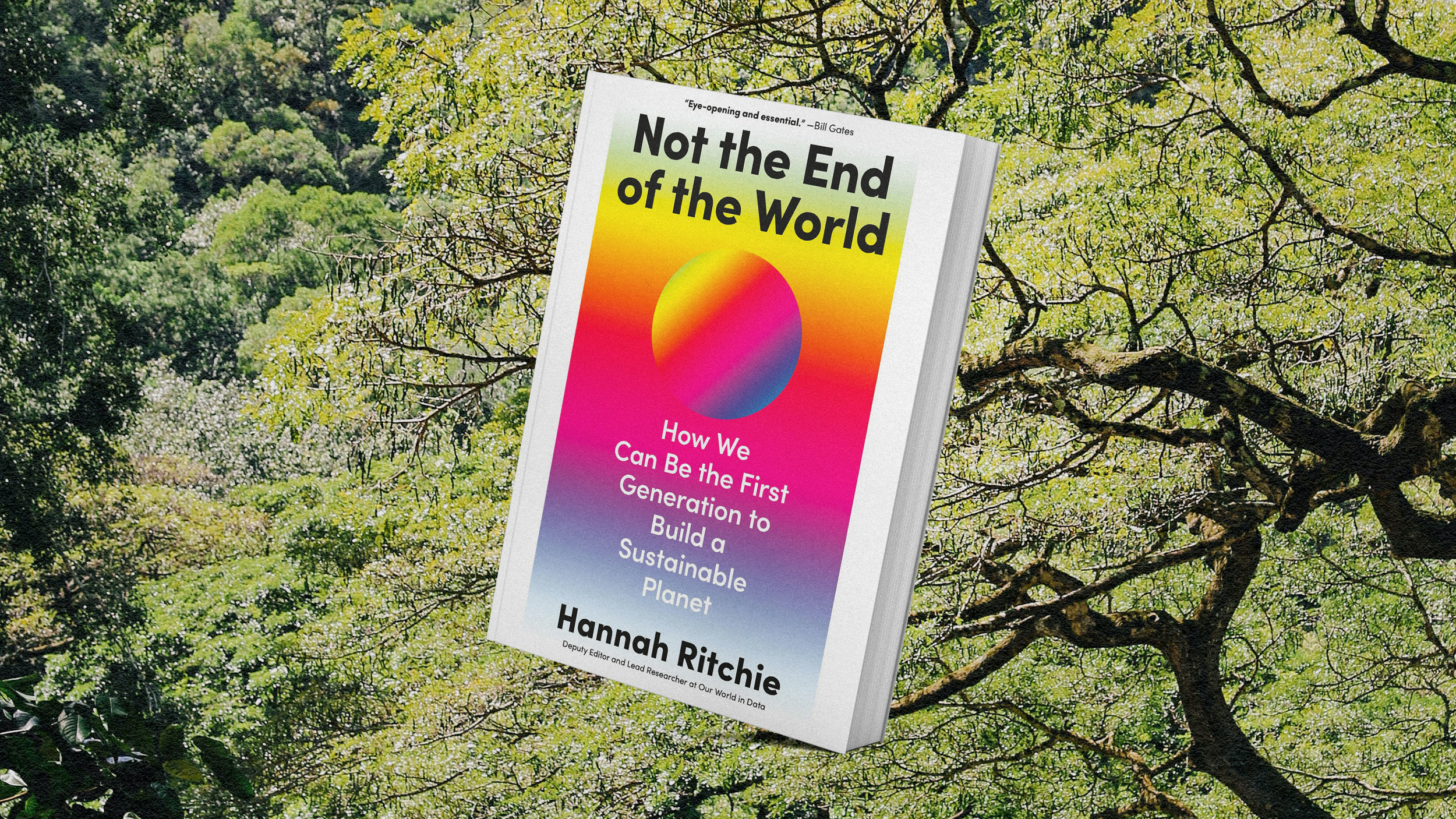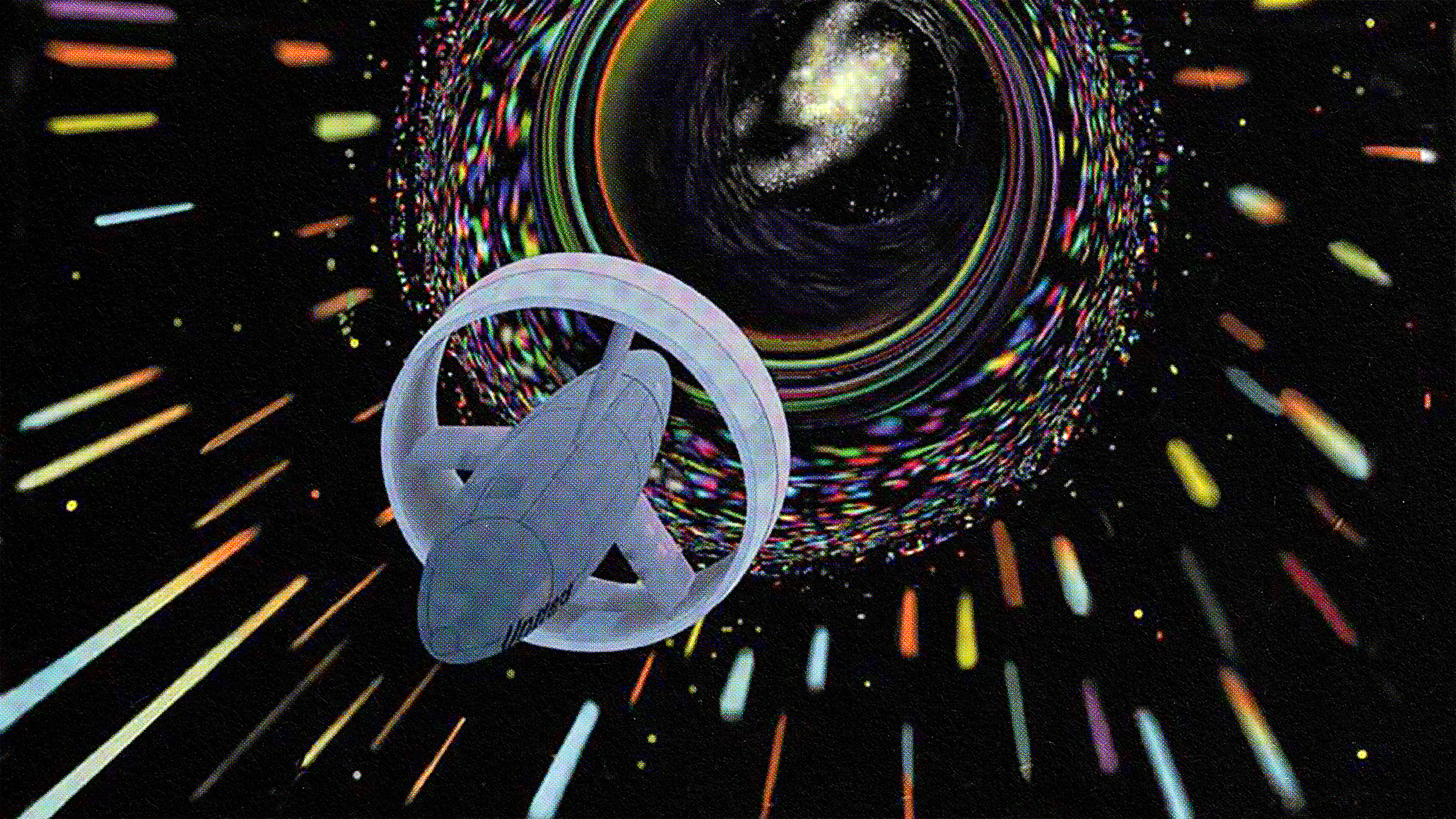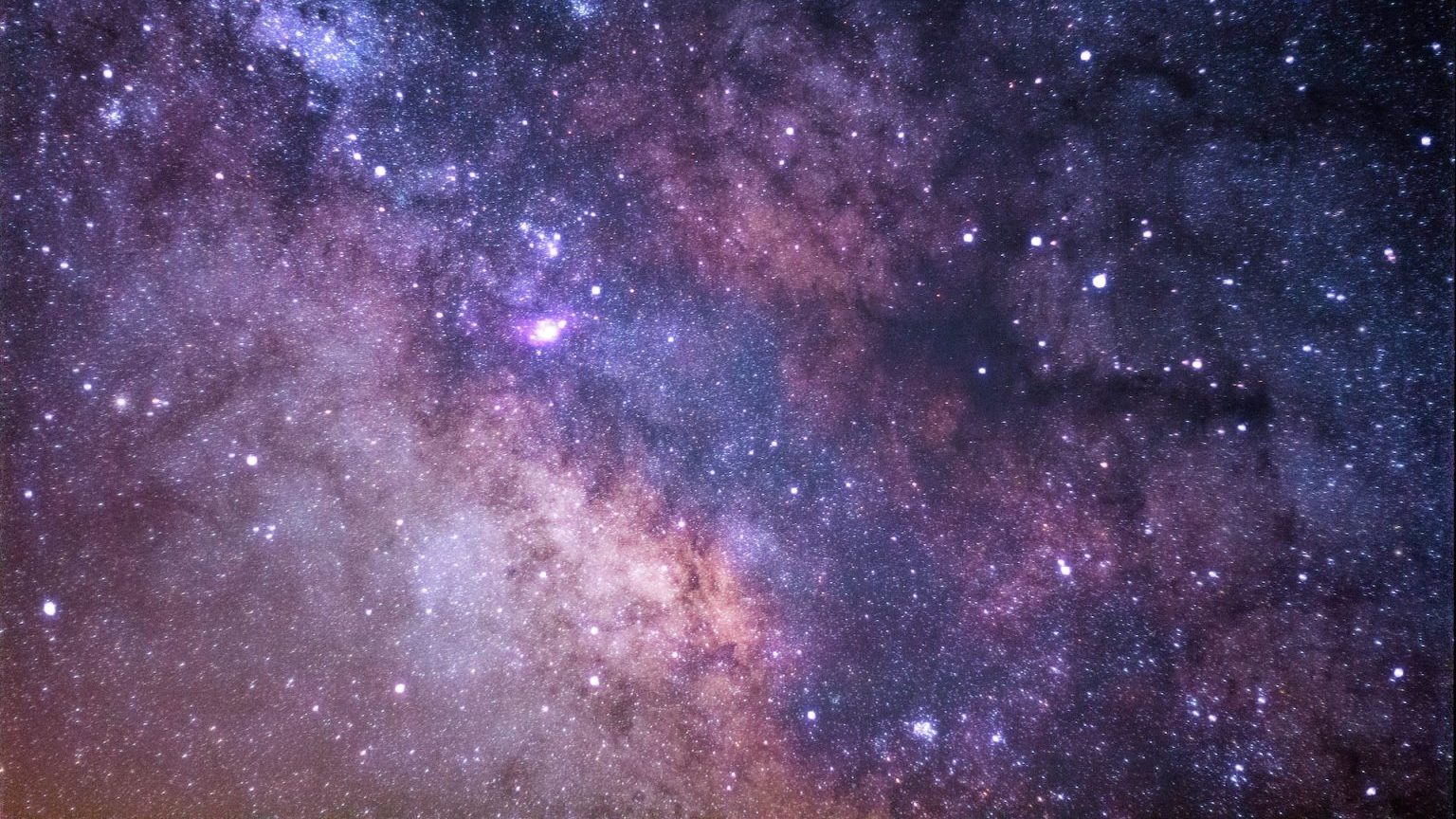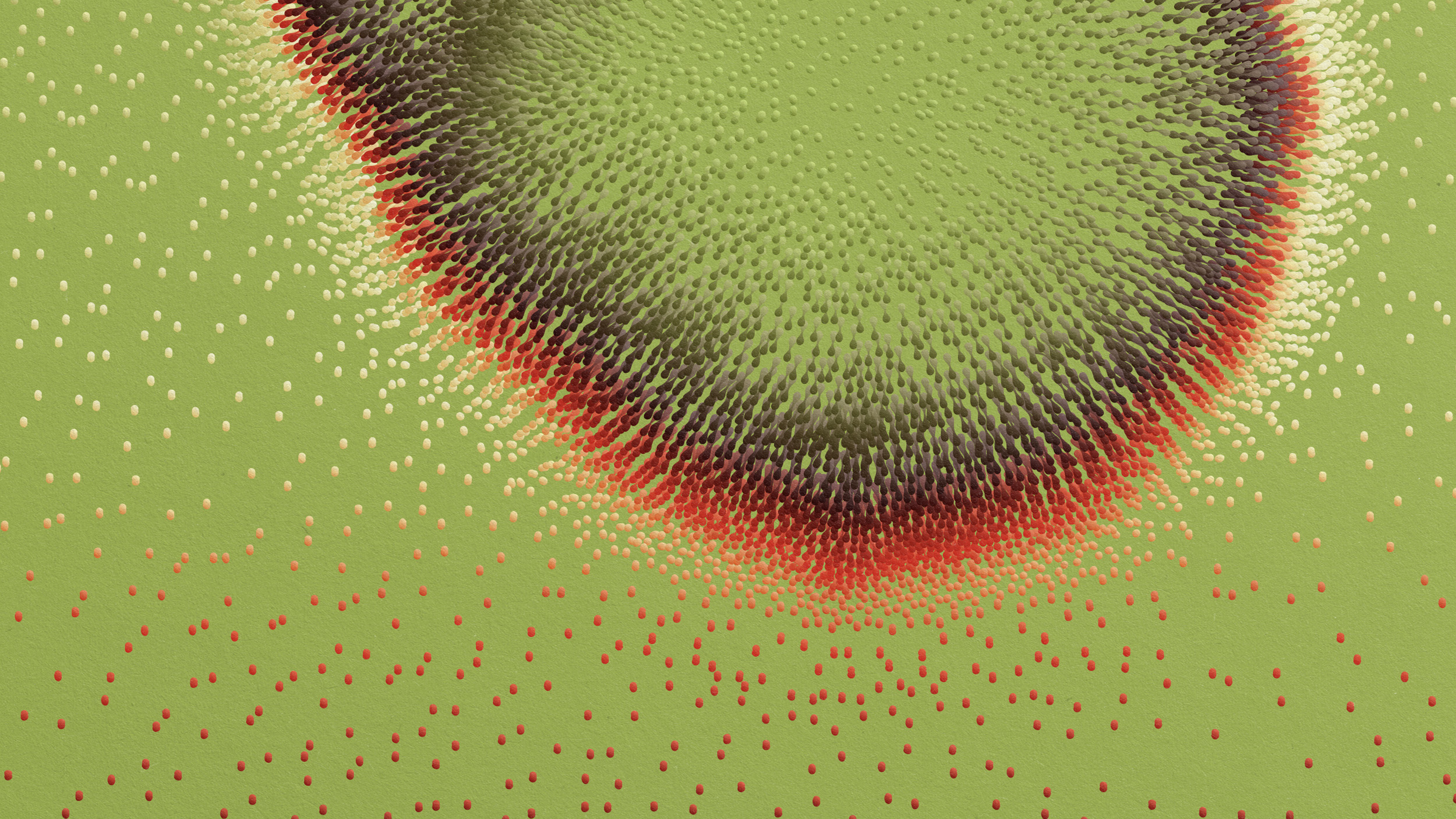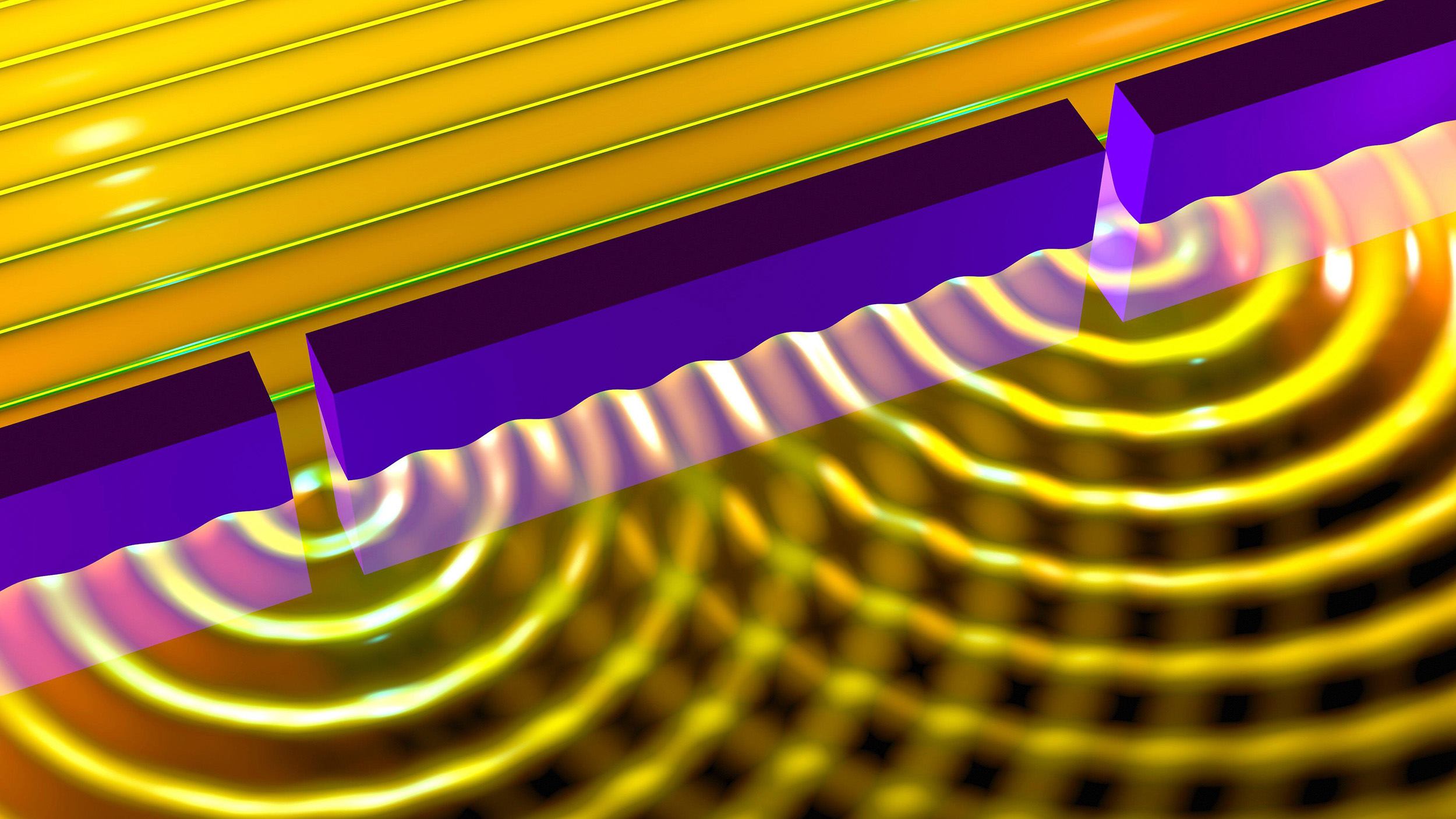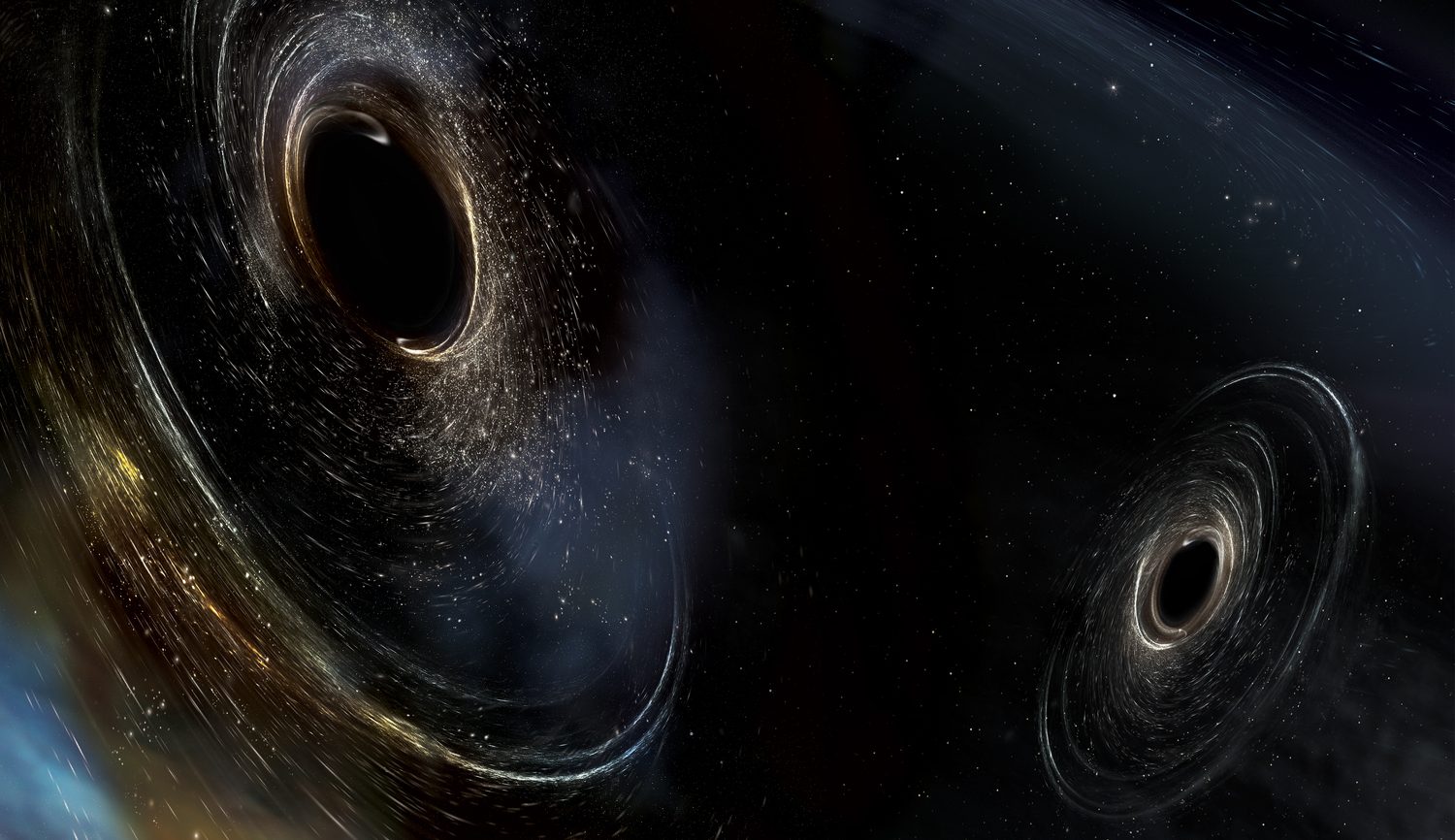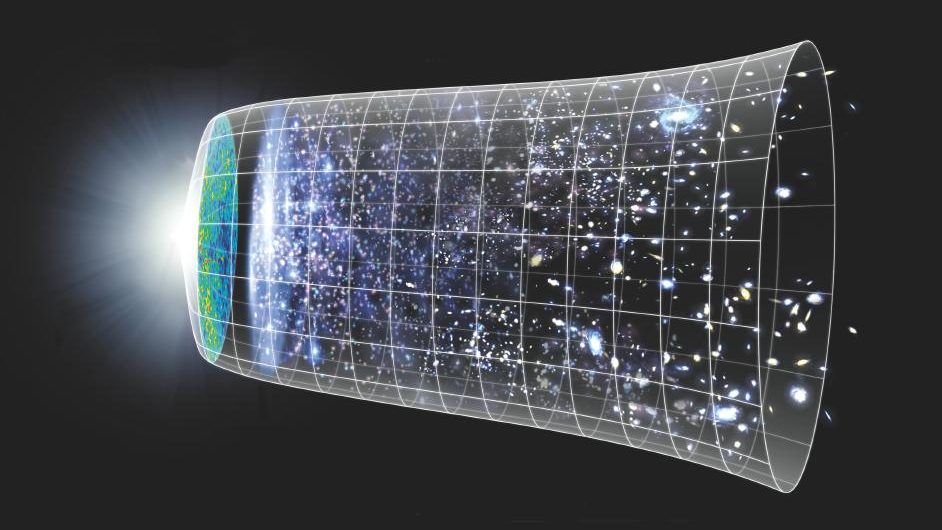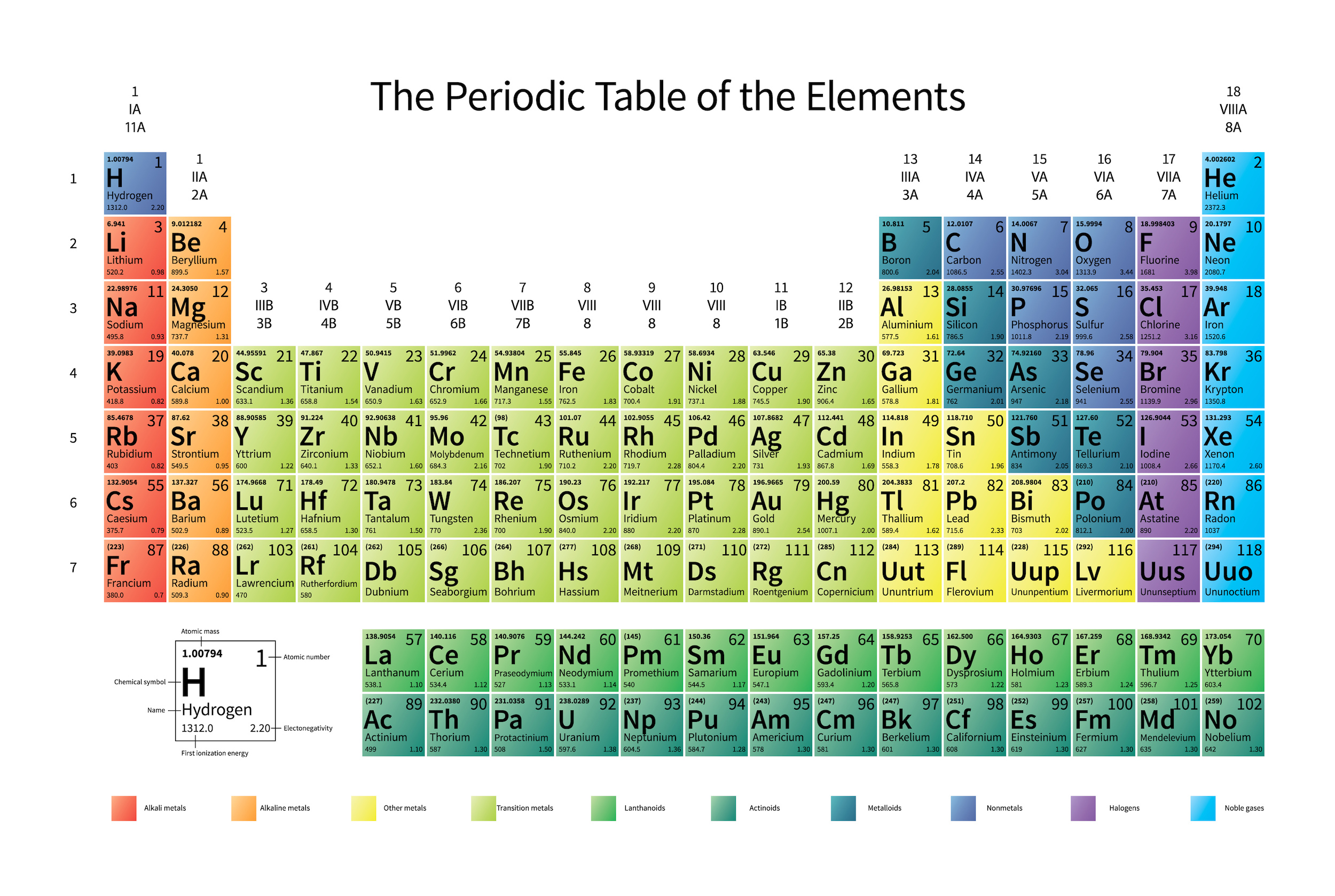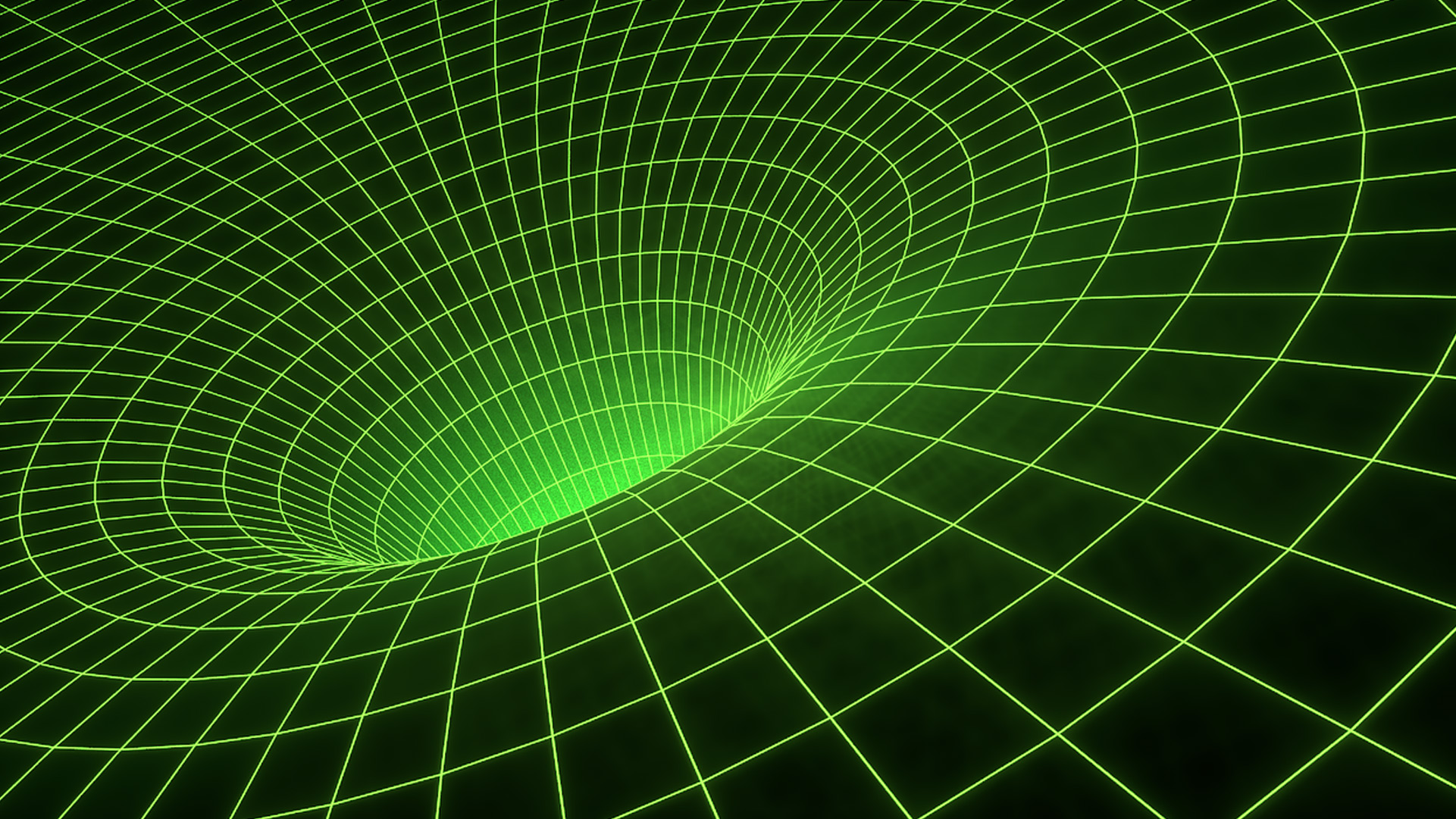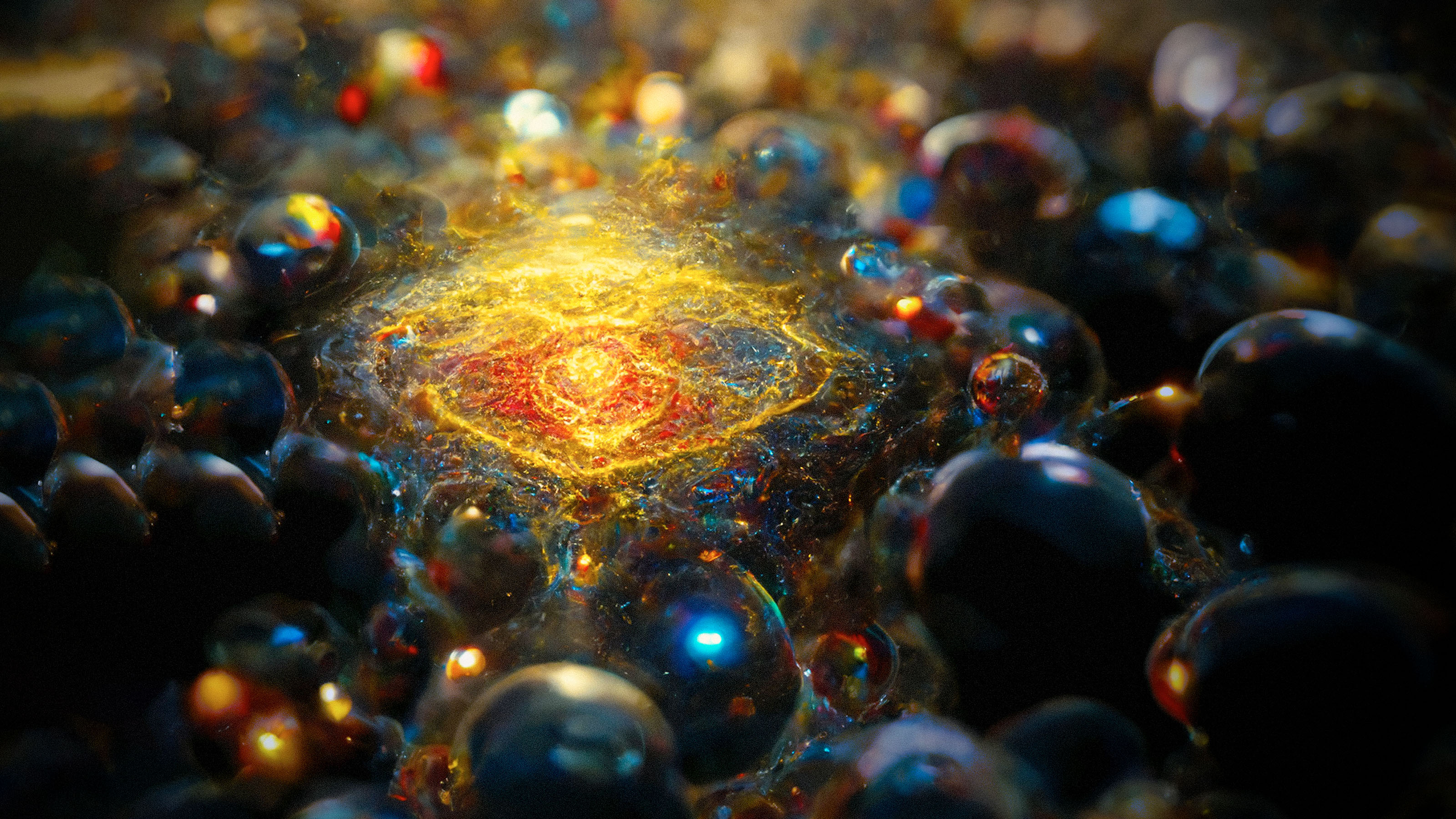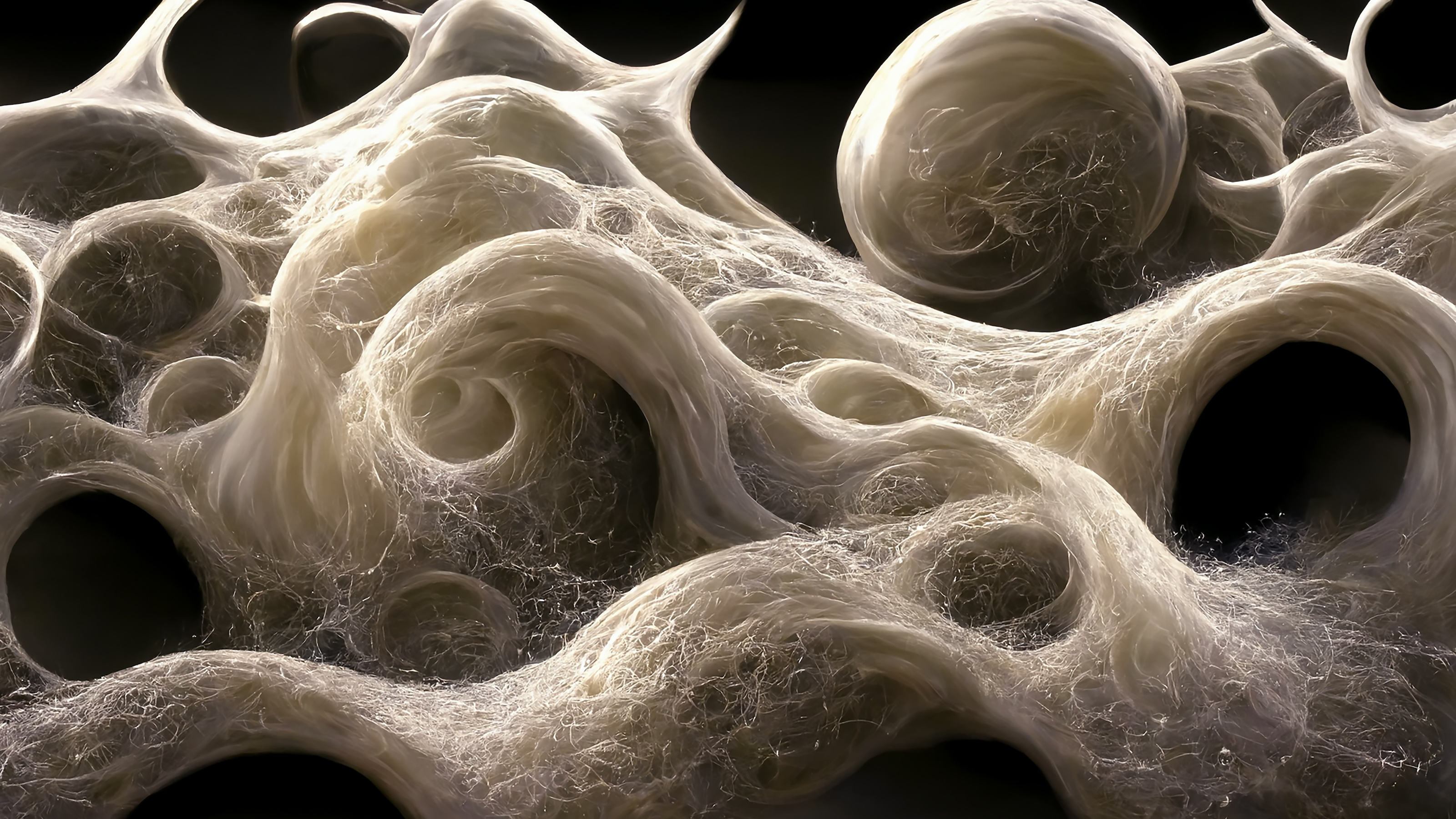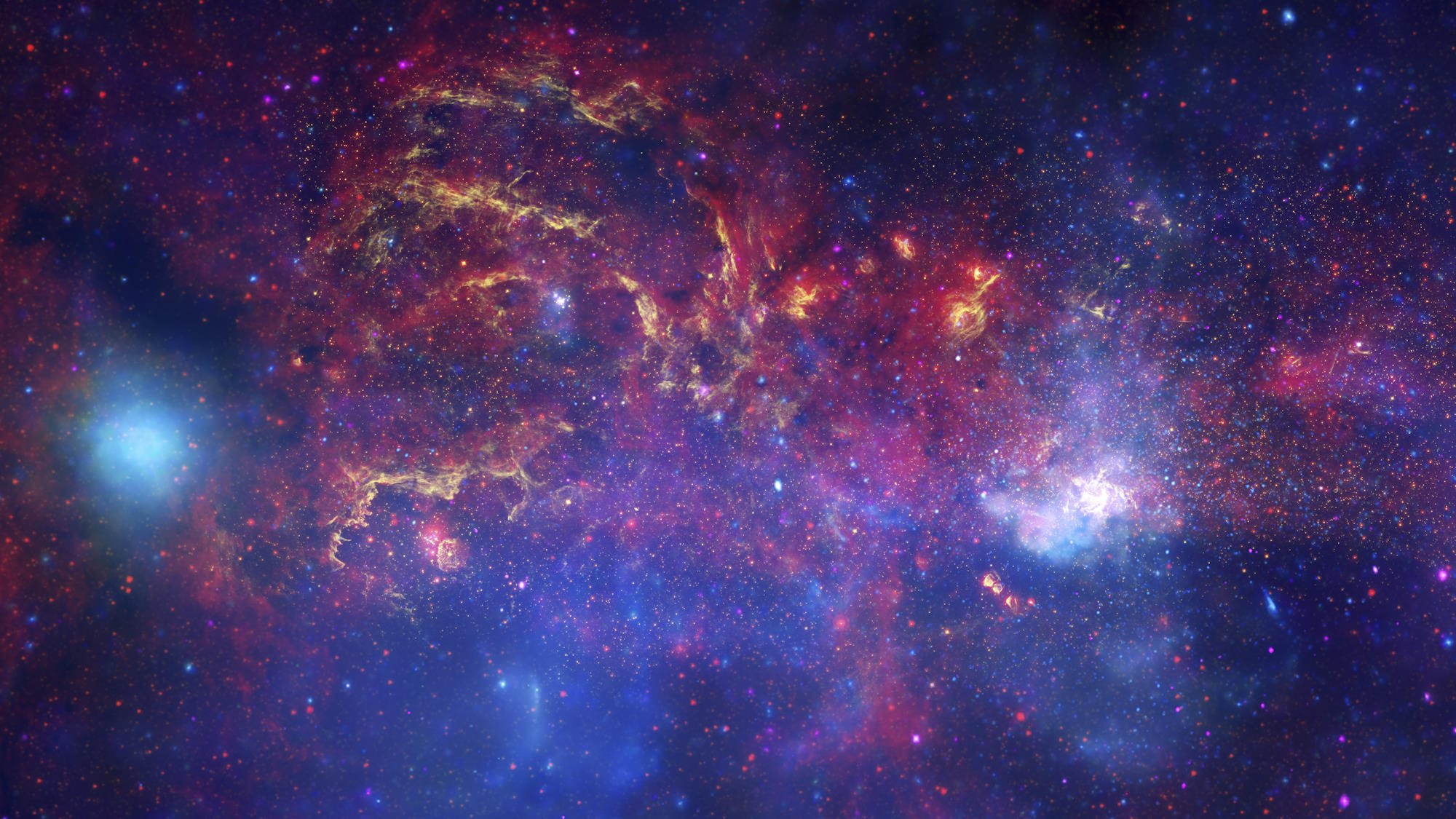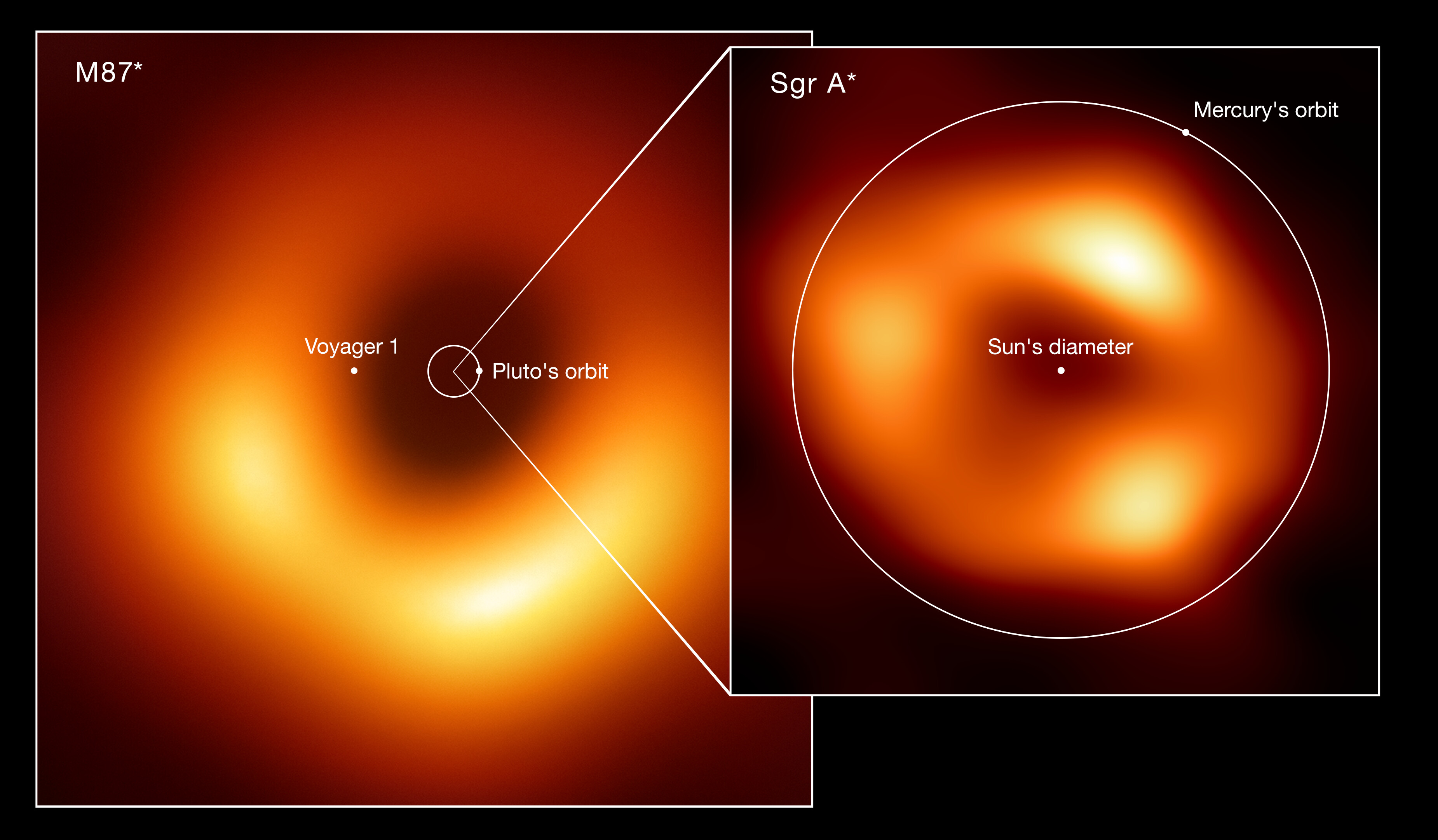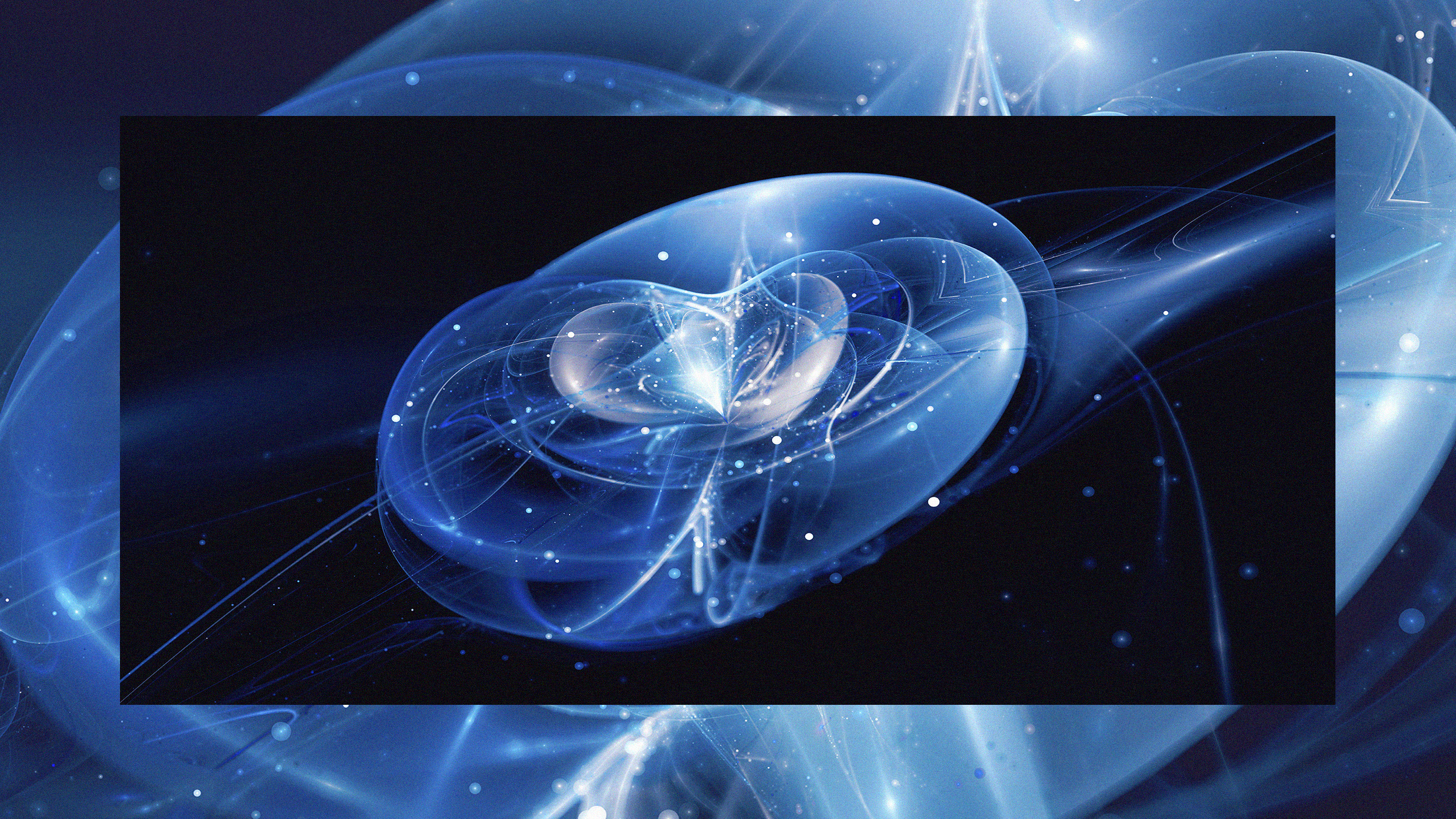We normally think of dark matter as the “glue” that holds galaxies and larger structures together. But it’s so much more than that.
Search Results
You searched for: energy
When the Universe was first born, the ingredients necessary for life were nowhere to be found. Only our “lucky stars” enabled our existence.
When we see pictures from Hubble or JWST, they show the Universe in a series of brilliant colors. But what do those colors really tell us?
A new family of drugs is changing the way scientists are thinking about obesity.
We don’t know what causes Miyake events, but these great surges of energy can help us understand the past — while posing a threat to our future.
The Kalam cosmological argument asserts that everything that exists must have a cause, and the “first” cause must be God. Is that valid?
Environmental progress is happening quickly but we must keep pushing for change.
The concept of the warp drive is currently at odds with everything we know to be true about physics.
From the Big Bang to dark energy, knowledge of the cosmos has sped up in the past century — but big questions linger.
Quantum physics is starting to show up in unexpected places. Indeed, it is at work in animals, plants, and our own bodies.
Everything acts like a wave while it propagates, but behaves like a particle whenever it interacts. The origins of this duality go way back.
Lithium-ion batteries pose challenges for our transition toward renewable energy. Sodium-sulfur batteries might be a solution.
In 1974, Hawking showed that black holes aren’t stable, but emit radiation and decay. Nearly 50 years later, it isn’t just for black holes.
For decades, theorists have been cooking up “theories of everything” to explain our Universe. Are all of them completely off-track?
If you said “with the Big Bang,” congratulations: that was our best answer as of ~1979. Here’s what we’ve learned in all the time since.
Up until 2002, we thought that the heaviest stable element was bismuth: #83 on the periodic table. That’s absolutely no longer the case.
Einstein’s relativity overthrew the notion of absolute space and time, replacing them with a spacetime fabric. But is spacetime truly real?
If our Universe were born a little differently, there wouldn’t have been any planets, stars, galaxies, or chemically interesting reactions.
One of the most original and optimistic thinkers in America sketches some big ideas about what’s possible with AI in the next 25 years.
When you combine the Uncertainty Principle with Einstein’s famous equation, you get a mind-blowing result: Particles can come from nothing.
In our Universe, matter is made of particles, while antimatter is made of antiparticles. But sometimes, the physical lines get real blurry.
Some nebulae emit their own light, some reflect the light from stars around them, and some only absorb light. But that’s just the beginning.
The new electrically conductive substrate could be the future of hydroponic farming.
If we waited long enough, would even protons themselves decay? The far future stability of the Universe depends on it.
Dark matter hasn’t been directly detected, but some form of invisible matter is clearly gravitating. Could the graviton hold the answer?
NASA’s space telescopes and observatories bring humanity unrivaled science images and scientific discoveries. Here’s what should be next.
Decades of Alzheimer’s research might have missed a cellular culprit hiding in plain sight.
Since its observation discovery in the 1990s, dark energy has been one of science’s biggest mysteries. Could black holes be the cause?
U.S. particle physicists recently recommended a list of major research projects that they hope will receive federal funding.
Yes, the Universe is expanding, but if you’ve ever wondered, “How fast is it expanding,” the answer isn’t in terms of a speed at all.
